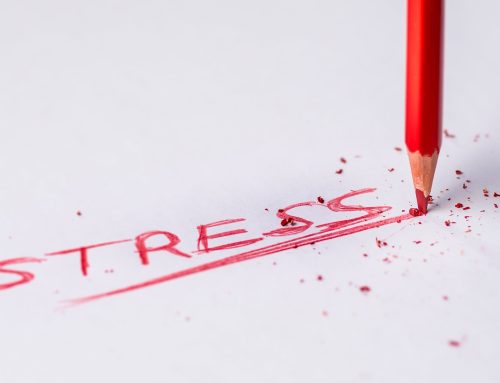25 Ways to Reduce Stress
Physical exercise – develop an exercise routine that is aerobic and fun. Stick to it more religiously when under high stress. This does more to reduce acute stress than anything else you can do.
Eat regular, nutritional meals – foods low in fat, sodium and simple sugar and high in carbohydrates are the best. Eat as though you are in training. Mealtimes should be as stress free as possible.
Supplement your diet with vitamins and minerals – your body uses up its B vitamins, C vitamins and calcium during stress. Alcohol is a depressant and does not help you feel better.
Avoid excessive use of alcohol and caffeine – caffeine causes a stress response so it is not recommended when already under stress. Alcohol is a depressant and does not help you feel better.
Post notes to yourself – the memory is affected by stress so write reminders to yourself. When making appointments, write when they are and directions in your appointment book.
Prepare for the morning the night before – put things you need to take with you by the door. Decide what you’re going to wear and be sure it’s ready.
Get up 15 minutes early – this gives you time for unforeseen things.
Anticipate your needs – stop for gas before you really need it. Keep cash and coins on hand.
Make time to get where you need to go – this way, if there are traffic delays you will not increase your stress.
Walk everywhere you can – it’s a good exercise and it gives you the opportunity to smell the flowers.
Schedule quiet times – especially helpful is quiet just before bed and some quiet time during the day.
Keep your sense of humor – seeing the humor in a situation will help keep your stress low.
Relax your standards – you don’t have to do everything perfectly.
Find a serene place of your own – even if it’s just a comfortable chair in the corner.
Change your perspective – ask yourself what this all matters in the march of the universe.
Take advantage of your body rhythms – schedule your most difficult tasks for your peak hours and less difficult tasks for other times.
Have fun – we can’t be serious all the time.
Say “no” more often – you need to pick the activities on which you want to spend your life.
Reward yourself after stressful activities – relax with a book, listen to music, or have a special lunch or take a long, leisurely bath.
Spend time with others – preferably with others not involved in your work.
Keep a journal – writing down your inner thoughts is a way of release, as well as providing a journal for later contemplation.
Get plenty of rest – schedule extra sleep time during times of stress. When you can’t get to sleep, get up and do something non-stimulating.
Don’t make big life changes – making changes during stressful times is difficult.
Keep schedules as normal as possible – the semblance of routine helps.
Don’t give yourself negative labels – you are not “losing it,” you are reacting to stress in a normal way.
Source: Workplace Options












Leave A Comment